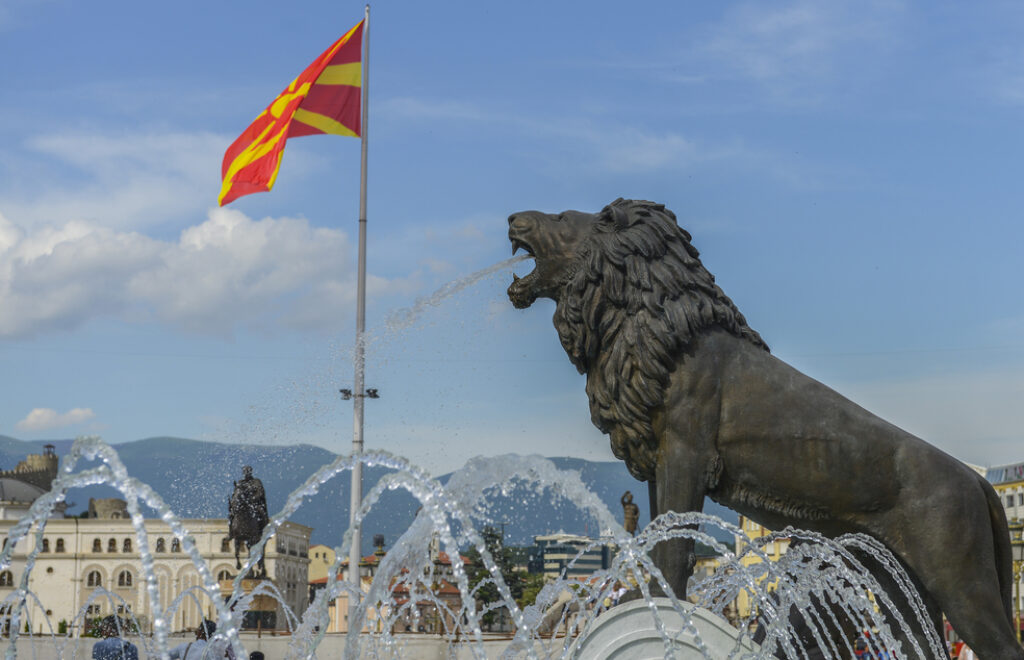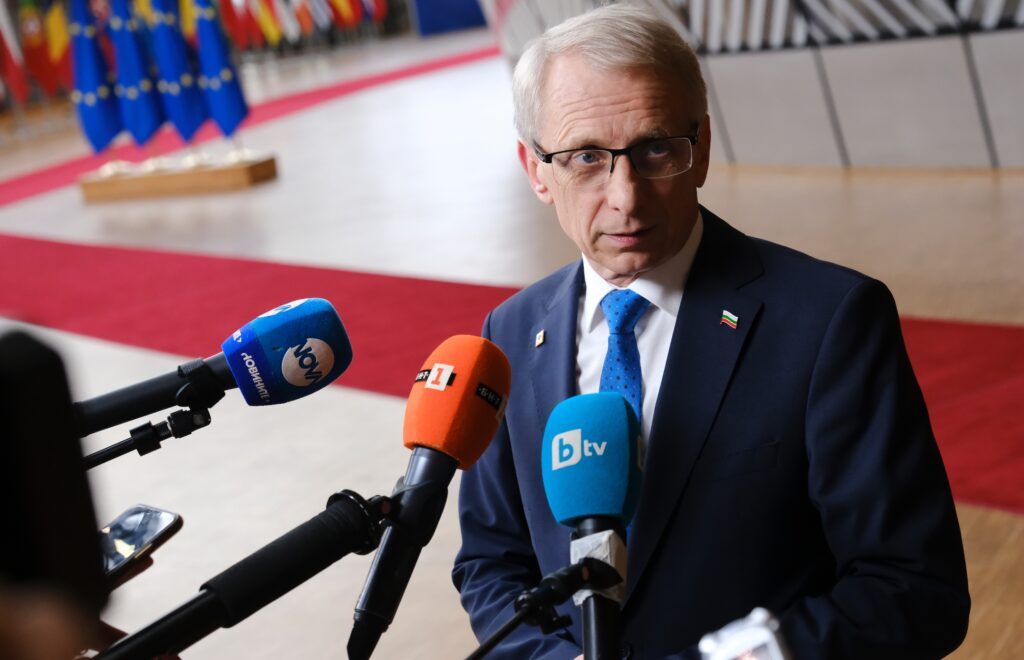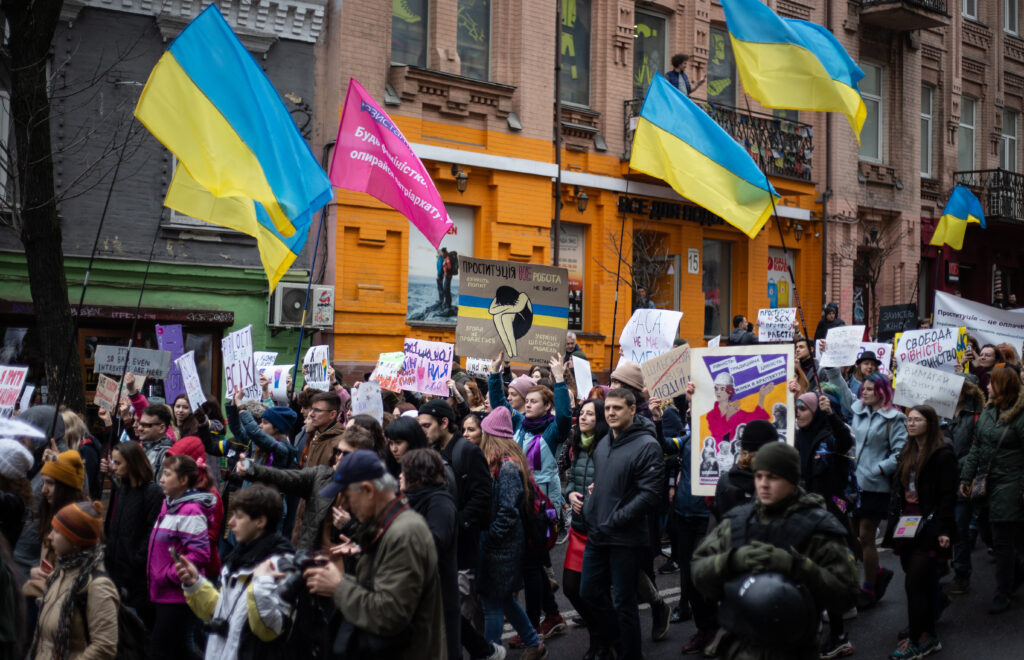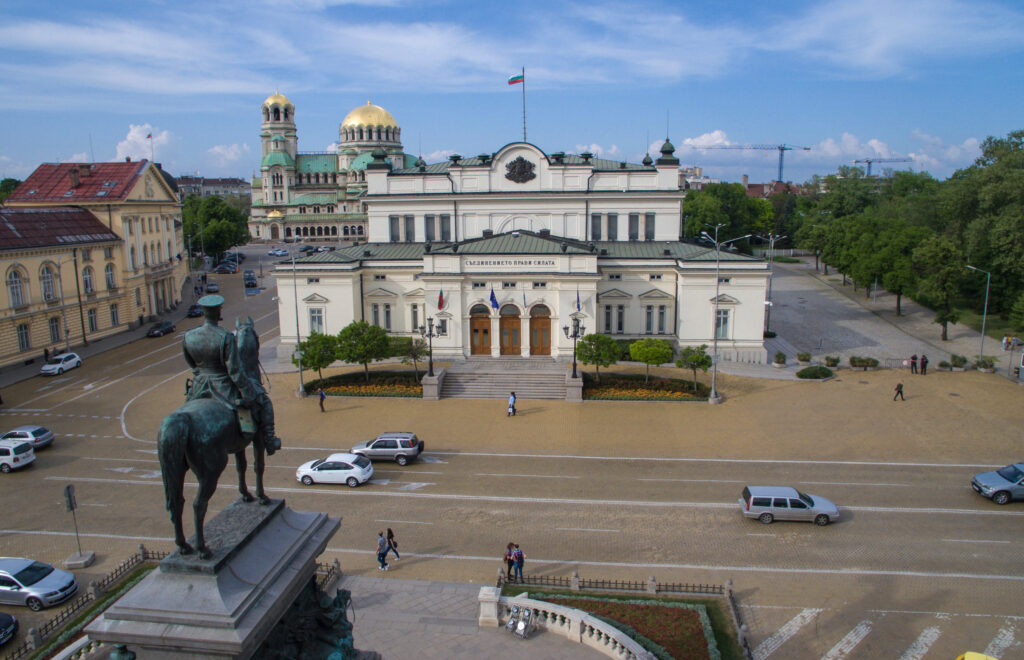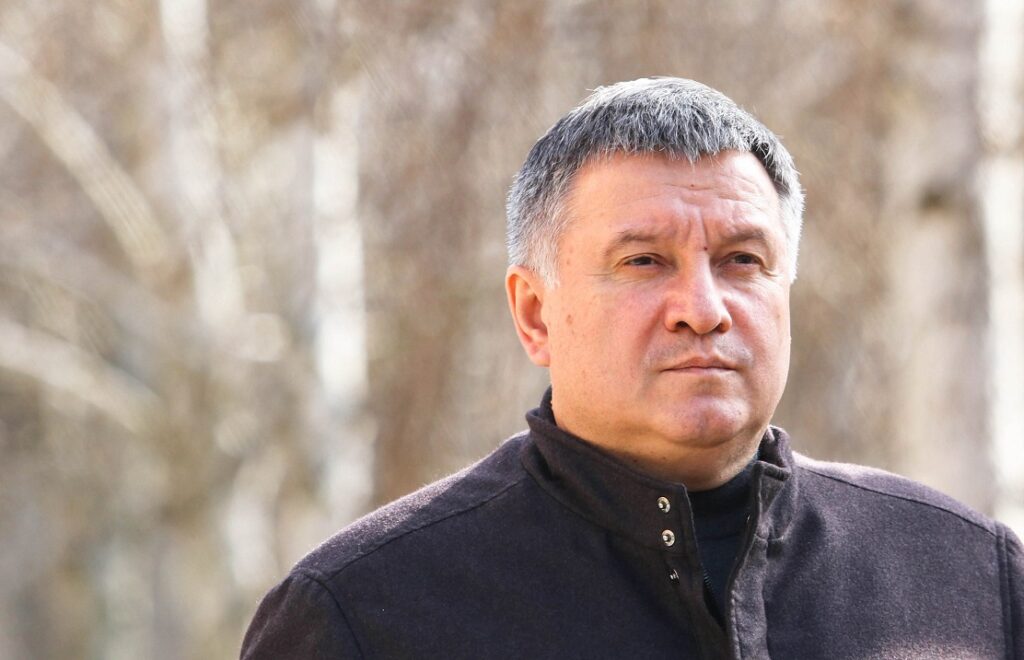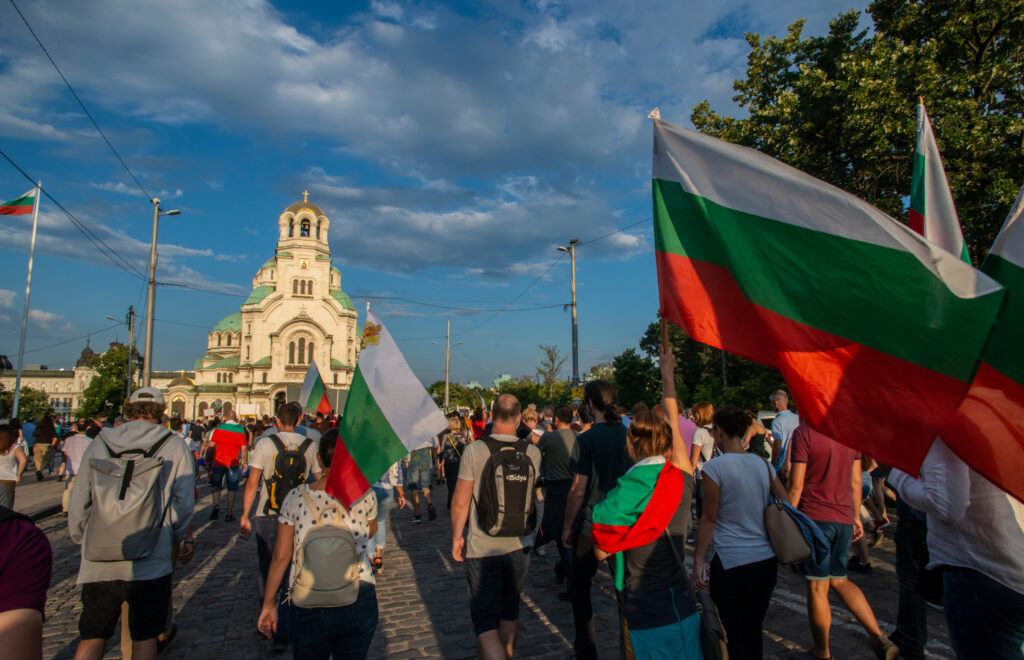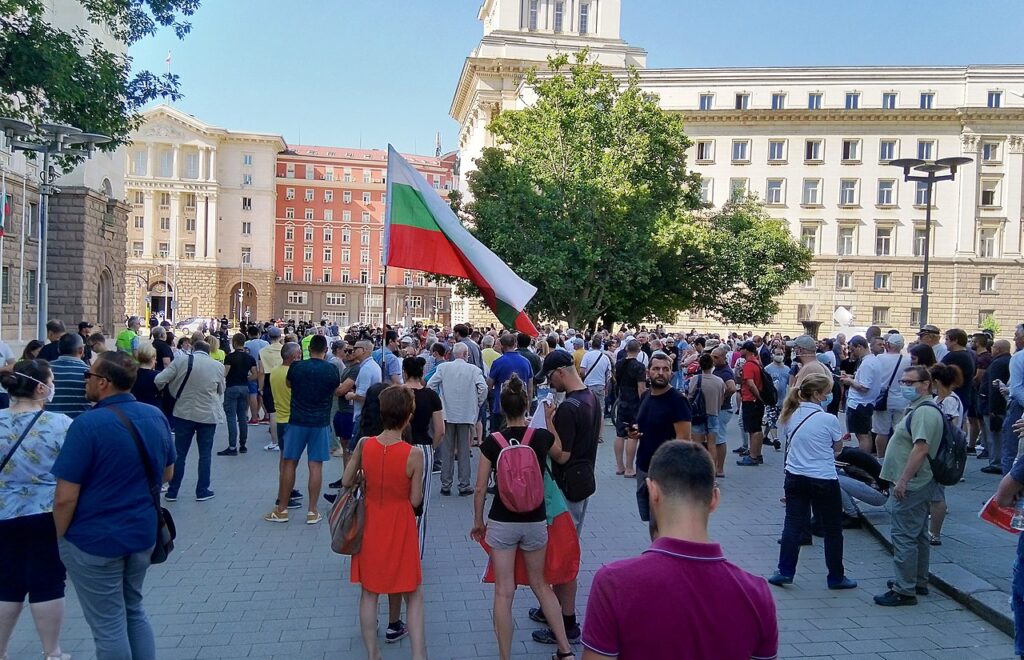The double murder that traumatized North Macedonia
North Macedonia, a nation with a rich history and vibrant culture, has, unfortunately, experienced its fair share of distressing incidents, including public shootings, criminal clashes, and cases of femicide over the years. But rarely has Macedonian society been so shaken to its very core as after the double murder of Vanja Gjorchevska, a 14-year-old teenager from Skopje, and Pance Zhezhovski, a 74-year-old retired barber from the town of Veles. What makes this crime particularly horrifying is the unprecedented cruelty inflicted upon a minor and an elderly citizen.
April 11, 2024 - Jovan Gjorgovski


